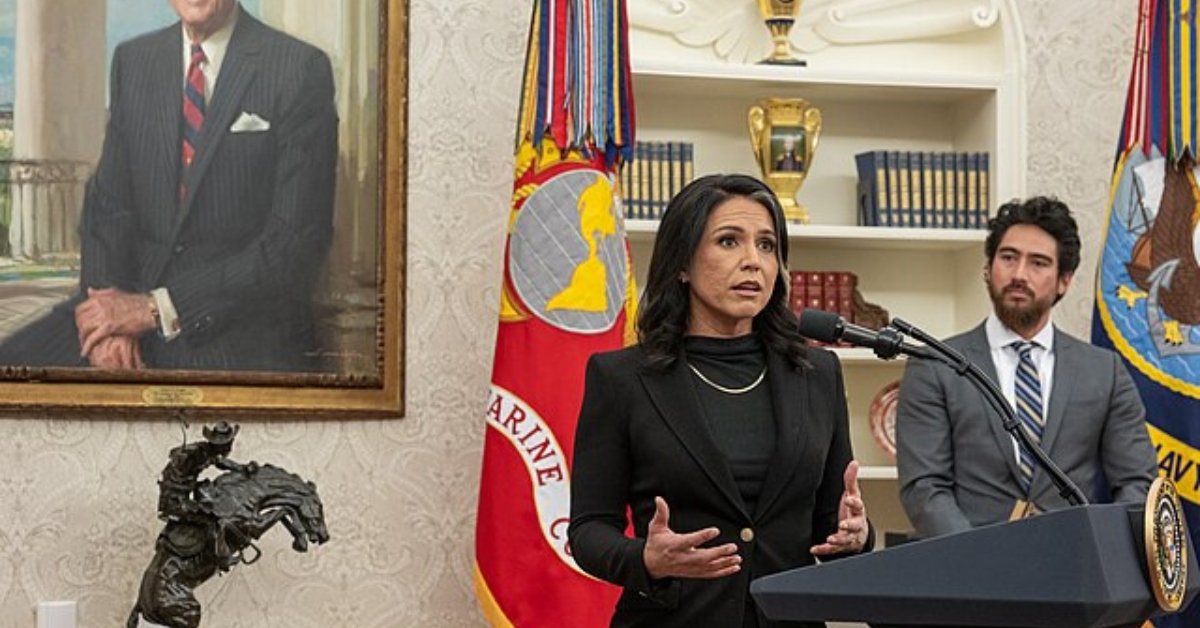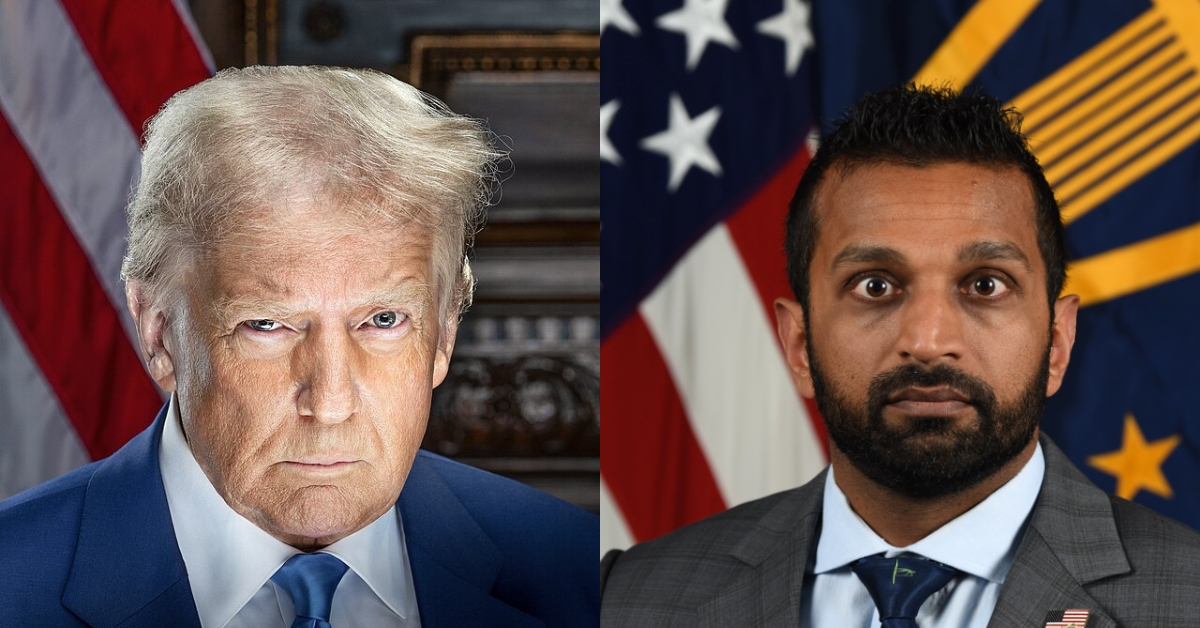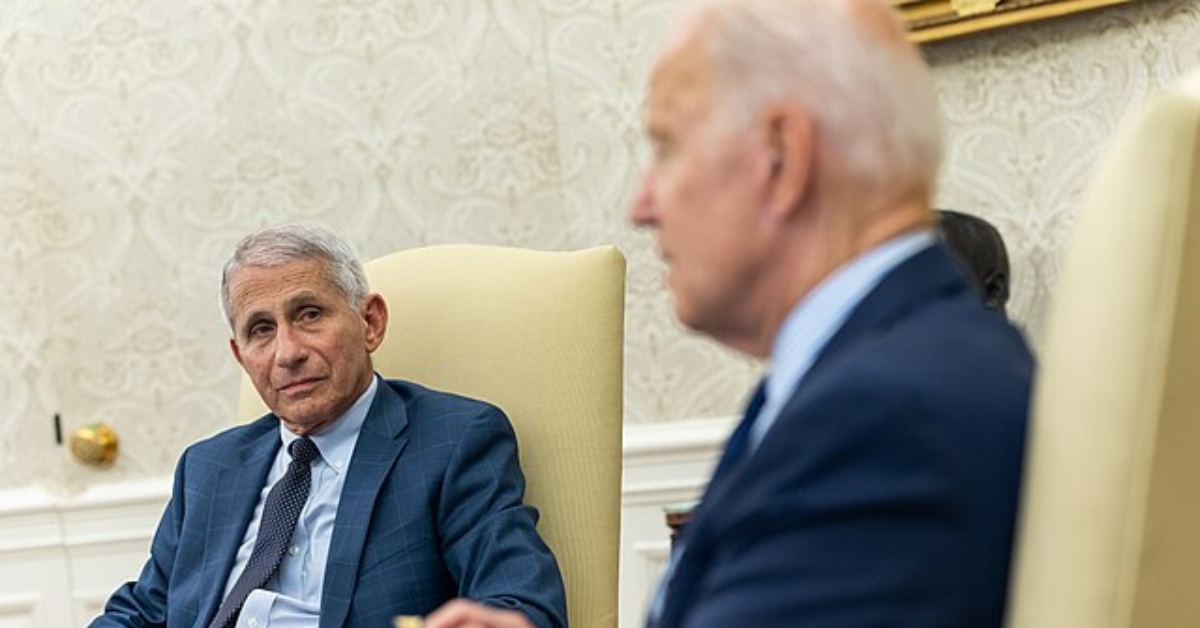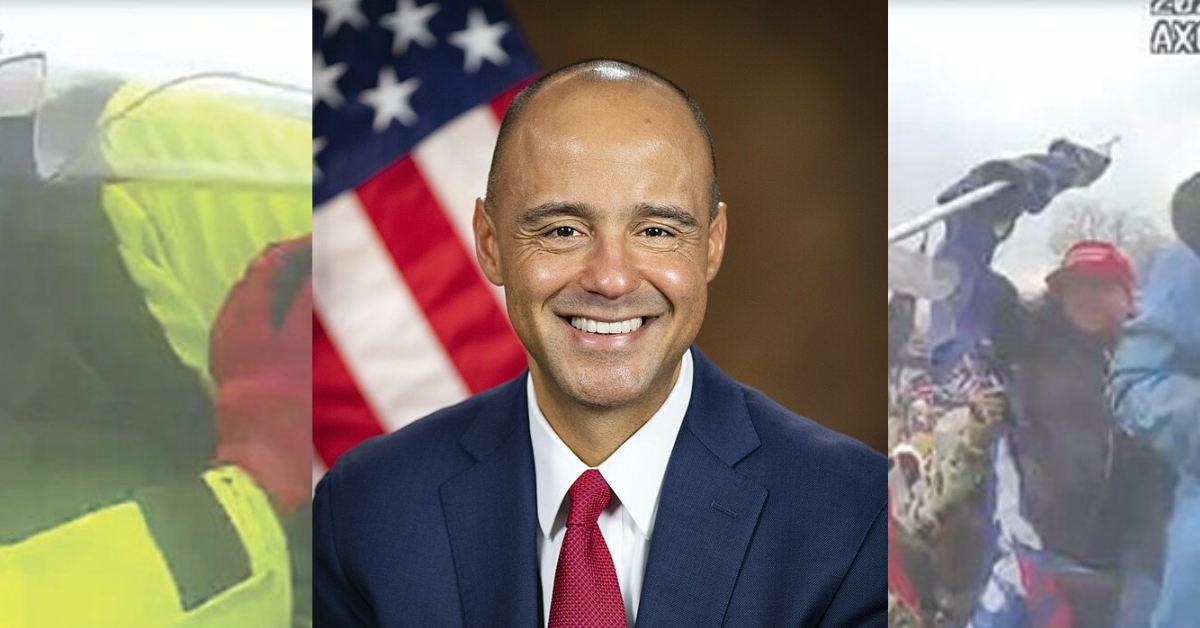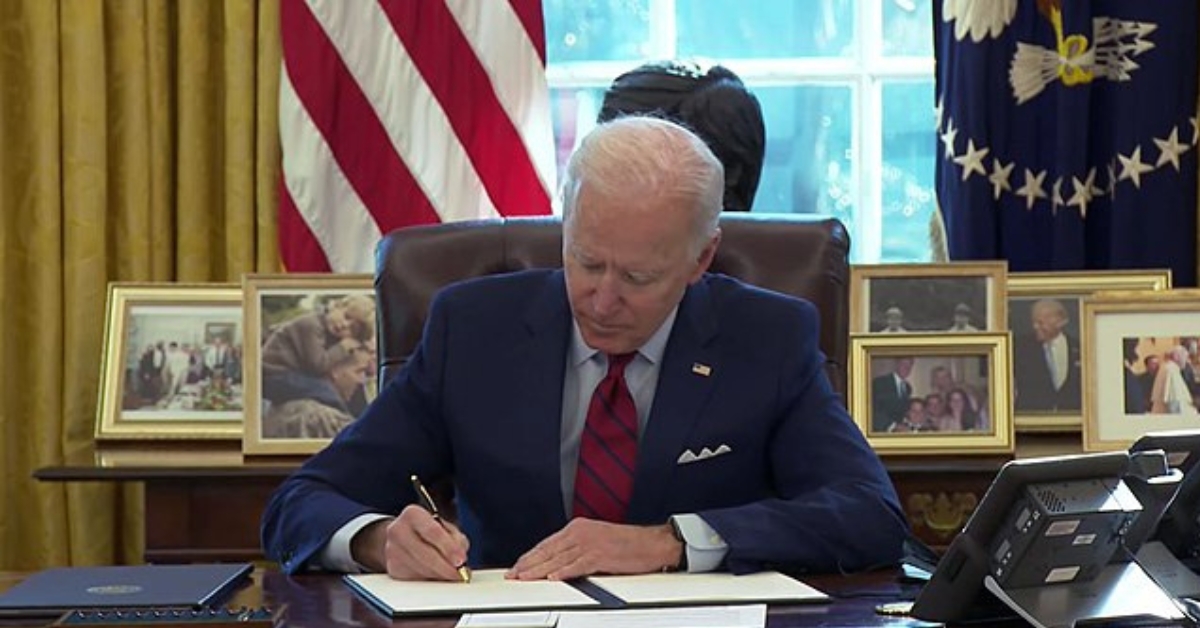
Hunter Biden Knew Who Purchased His Art
The recent revelations about Georges Bergès, the art gallerist handling Hunter Biden’s artwork sales, attending a White House event and having personal interactions with President Joe Biden, raise significant ethical questions. According to a synopsis released by House Oversight Committee Republicans, Bergès admitted during a committee interview to having phone conversations and in-person meetings with Joe Biden, including attending a wedding hosted by the First Family at the White House.
This disclosure contradicts the narrative presented by the White House in July 2021, which stated that Hunter Biden’s art sales were conducted without the knowledge of him or anyone in the administration, including the buyers’ identities. The New York Times reported this arrangement as a measure to avoid corruption perceptions linked to the president’s son profiting from his father’s position. However, Bergès’ testimony suggests otherwise, indicating that the touted arrangement was perhaps a façade to mask the reality of Hunter Biden’s art dealings.
Bergès reportedly revealed that Hunter was aware of the identities of individuals who purchased approximately 70% of his art’s value. Among these buyers were known Democrat donors Kevin Morris and Elizabeth Hirsh Naftali. This information directly challenges the White House’s claim of ignorance regarding the buyers and suggests a potential conflict of interest.
Hirsh Naftali, a significant Democratic donor and influential figure in California Democratic circles, reportedly purchased pieces of Hunter Biden’s artwork. Her appointment by Joe Biden to the Commission for the Preservation of America’s Heritage Abroad shortly after purchasing Hunter’s art is concerning, as it suggests possible favorable treatment linked to art purchases.
Kevin Morris, another buyer of Hunter Biden’s art, was noted as Hunter’s confidant and financial backer. Bergès testified that Morris purchased the majority of Hunter’s paintings for $875,000 with a 40% commission for Bergès. The financial arrangements between Hunter Biden, Kevin Morris, and Bergès were unprecedented for the gallerist.
These revelations highlight a troubling pattern of potential conflicts of interest and raise questions about the ethical conduct of both Hunter Biden and the administration. The close proximity of art buyers to the Bidens, coupled with significant financial transactions and a subsequent appointment, suggests a concerning intertwining of personal business dealings with public office.
The Oversight Committee’s findings underscore the need for transparency and accountability in the dealings of public officials and their family members. The public deserves clarity and assurance that personal financial interests do not influence government decisions or appointments. As this situation unfolds, it reinforces the importance of upholding ethical standards in government and scrutinizing potential conflicts of interest to preserve the integrity of public office.
